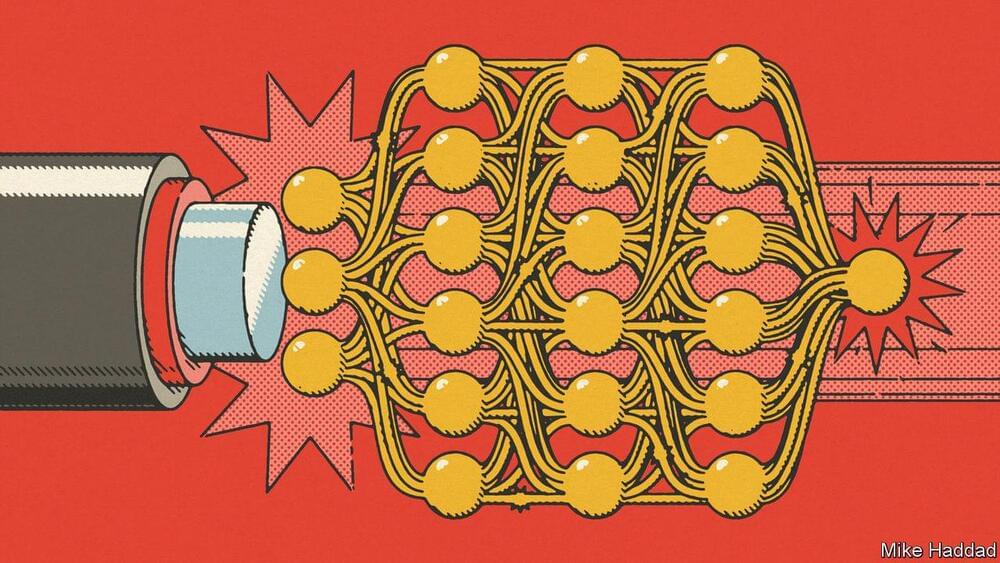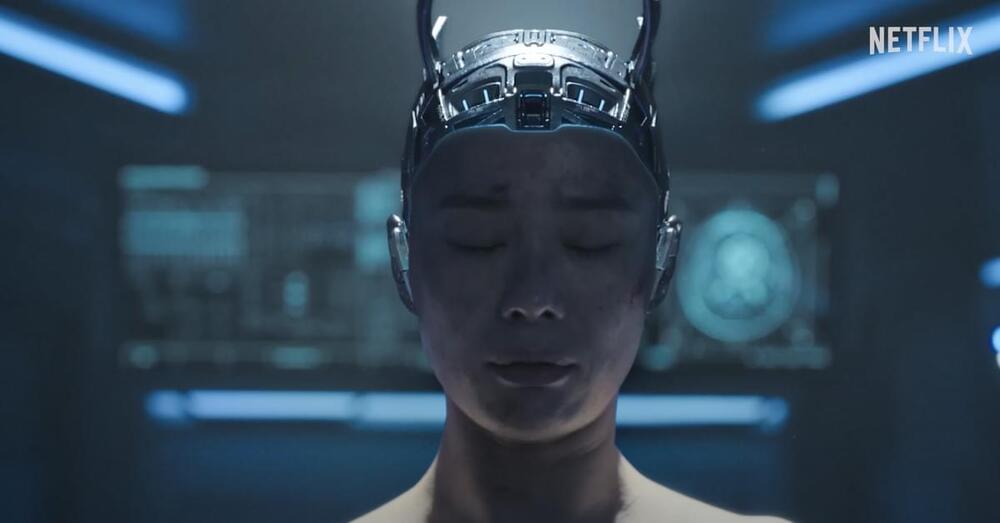As we look back at 2022, it’s clear that the field of artificial intelligence (AI) has made some very important strides. From breakthroughs in natural language processing and computer vision to improved adoption of AI by businesses, we’ve seen several milestones.
It’s no doubt that AI will continue its explosive growth into 2023. However, given the rapid pace of change, it’s important to separate meaningful advancements from distracting fads.
What are the top AI trends and fads for 2023? What’s one thing business leaders must stop doing to unlock business value from AI? Hear predictions from 10 experts, including ChatGPT AI!






